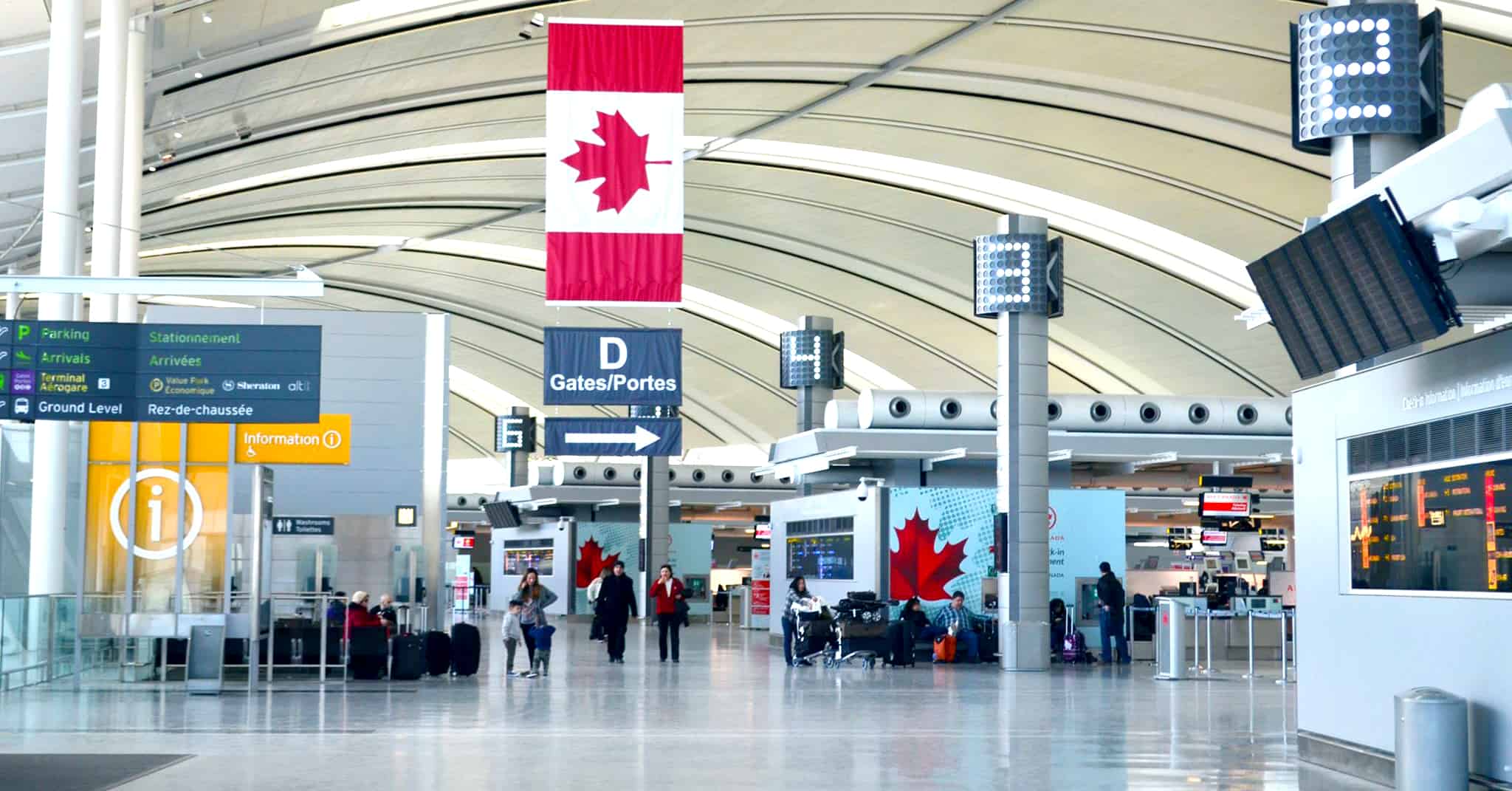Pearson Airport in Mississauga leads the way in efforts to catch new COVID-19 variants
Published November 10, 2022 at 10:32 am

Officials at Pearson Airport in Mississauga say Canada’s busiest airport is leading the way when it comes to COVID-19 detection and the future of pandemic response.
Two wastewater surveillance programs now in place at Pearson collect sewage samples from terminals 1 and 3 as well as wastewater from all planes landing at the airport. The first was launched in January of this year, and a pilot program was introduced more recently.
“Access to this unique sample of wastewater can help experts look for new strains of COVID-19, identifying it earlier than with traditional PCR testing,” officials with the Greater Toronto Airports Authority (GTAA), which runs Pearson, said in a news release.
Pearson’s efforts were recognized in a recent report from the Innovation Economy Council (IEC), a Canadian tech data firm that gathers information and produces reports on issues of the day.
The report, From Gateways to Sentinels: How airports can use detection to control infection, shines a light on Pearson’s efforts.
“The report highlights the role global airports are playing in early detection of new variants through Artificial Intelligence-driven early warnings, wastewater surveillance and more,” Pearson officials say. “Airports are no longer just gateways for travel, but are valuable sources of vast amounts of data for public health policymakers to help make decisions. Pearson is embracing its position as Canada’s busiest airport to lead the way with innovations that can help shape the next stages of the pandemic.”
The first Pearson surveillance program was launched at the beginning of 2022 in cooperation with the Public Health Agency of Canada and Public Health Ontario. It’s expected to continue until next March.
The more recent pilot study is funded by the National Research Council of Canada and the Industrial Research Assistance Program.
GTAA officials say Pearson is also supporting efforts to curb the spread of COVID-19 through “other innovative technology” that includes a device designed to detect the virus using a special light that scans a fingertip and quickly yields results.
That device is under review by Health Canada.
“Should testing be brought back in as part of pandemic response measures, this would be a non-invasive and inexpensive way to screen large numbers of people at airports and other large venues,” the GTAA says.
Most pandemic-related restrictions at Pearson were greatly scaled back or eliminated altogether earlier this year as Ontario and Canada reopened after two years of shutdowns and other strict measures.
However, health officials–both local and federal–have maintained that COVID-19 cannot be ignored moving forward and that people and organizations still need to be vigilant in following proper health procedures.









